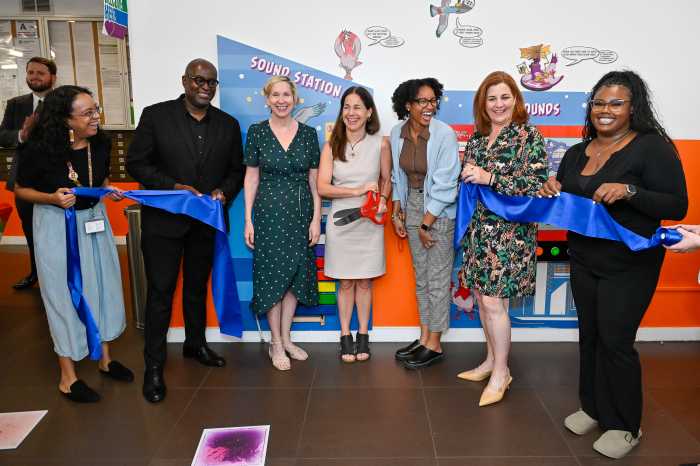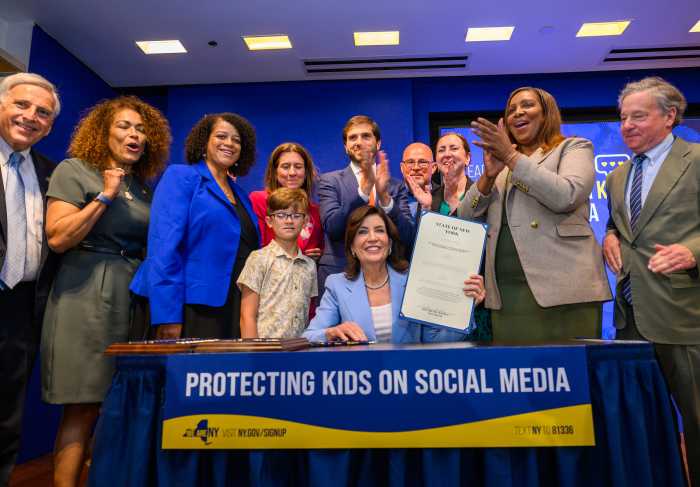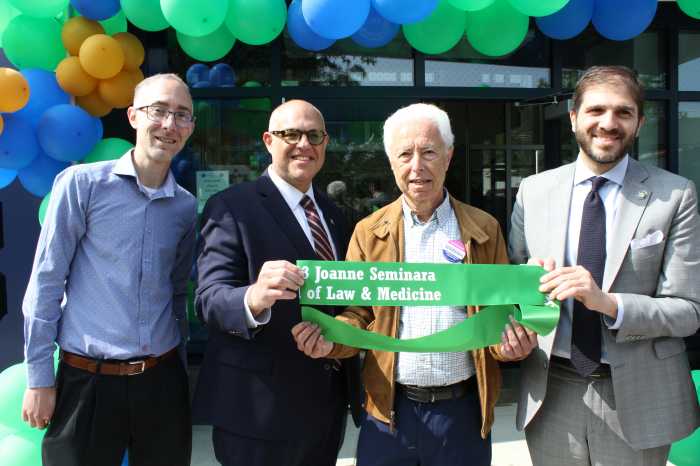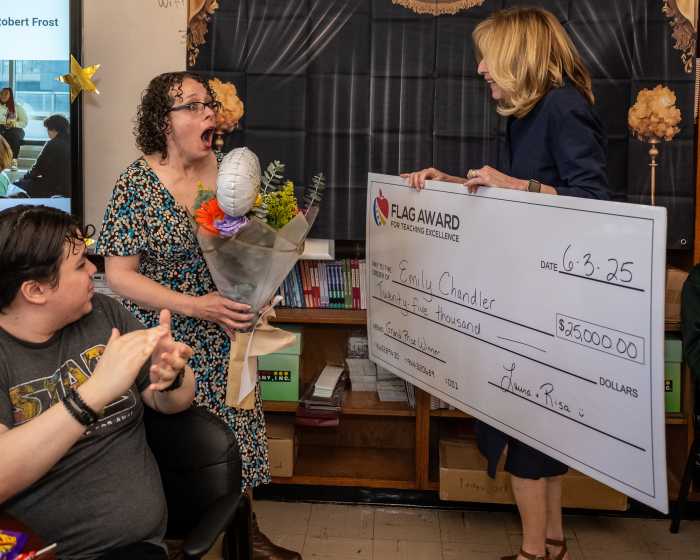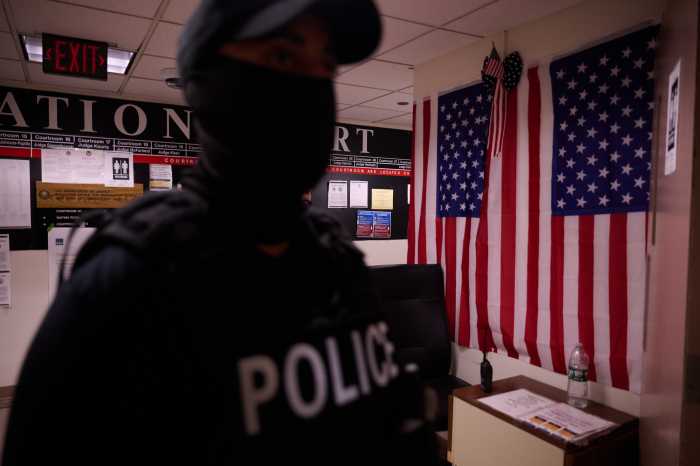I often wonder just how much facility humans have for change.
During the four college tours I took with my son last week in Pennsylvania, young men and women spoke ebulliently about the discussions on their campuses. Students are asked about their feelings on gender-neutral bathrooms at their dorms. There are policies on trust, and conflicts are expected to be resolved openly between students, facilitated by trained upperclassmen dotted throughout residential housing. Guards are placed at doors of fraternity parties to remind students to be sensitive on matters of racism, sexism, and homophobia.
I am 100 percent for the “social and emotional learning” that has crept into education. But I am also wary. As a writer, I know that words are only so effective, and that the reality of human nature belies all the flowery things that can be said about it.
I turned to a dad on one of the tours, somewhat alarmed.
“Do you think anyone hooks up anymore?” I asked. “What if they’re too scared?”
He smiled.
“Why don’t you ask her?” he said, gesturing to the smiling co-ed guiding us with her great wide smile.
I’d thought about it. After all, when push comes to shove, with all the marketing speak we’d been hearing for days, with all the pointing out of beautiful ivy-covered buildings and hallowed libraries, most kids think a lot about what kind of opportunities they’ll have to find love and its physical counterpart, sex.
With the headlines screaming out sex scandals daily, implicating the faces and voices we’ve trusted for years, it would seem that the world has gone crazy.
The millennials, of course, are crying foul, and vowing to do it differently.
Can they? It reminds me of a scene from the play “Bengal Tiger at the Baghdad Zoo.” Robin Williams stood on a balcony above the stage, spot-lit as he gnawed on a small (stuffed) animal.
“I’ve got to stop this,” he said, as he ripped the lesser beast apart with his teeth.
The metaphor is apt. We are humans, imbued with the capacity for higher brain function, and yet instinct is still our guide no matter what the syllabus at elite colleges say. The old literary adage of “man’s inhumanity to man” still applies.
Connecting to other humans in non-aggressive ways should indeed be on the agenda of every school. Our education has to discuss how to get along and communicate better than we have been. But I think it’s important to take a hard look at the stories and myths that have survived many generations to understand that it is, to a certain degree, a major game of Whack-A-Mole to root out the more egregious offenses that will inevitably rise up from even at the most “progressive” of places.
It does not surprise me that the aggressive types who get to the top sometimes wield their power when they get there, especially as it pertains to their sexual desires. And while I find their behavior incredibly distasteful, what concerns me is how they were able to get away with it. How hordes of men and women aided and abetted their behavior in the name of getting somewhere.
At breakfast in Philadelphia last weekend, these thoughts coursed through my brain. Dragging my son around to try to help him find his place in the world dredged up a lot of fear and anxiety about what he will discover out there.
I reminded him of a question he asked me when he was 9 and we walked out of the movie “How to Train Your Dragon.”
All the dragons were expected to raid the Viking village and bring back food to feed the villainous dragon at the nest. They all did it until one dragon was befriended by a young boy in the village and began to see there could be another way. He saw that the two warring groups could live in harmony.
My son looked up at me as we walked out of the theater and along the sidewalk toward home.
“Why did they think they had to bring stuff back to feed the big dragon?” he’d asked. “Couldn’t they just not have done it?”
I nodded and smiled.
“Yes, but they were afraid,” I said, regurgitating the excuse used by silent accomplices of both mass genocides and power plays waged in the workplace, in schools, and everywhere you turned.
“When they became less afraid, and realized they didn’t have to do it,” I continued. “That’s when it became light, remember?”
My son was not particularly interested in my early morning lecture about how to save the world. No doubt he was snap-chatting with some cute girl and eating his protein-filled egg-and-pastrami sandwich to bulk up, as it should be.
But I will remind him of the nature of power and the need of people not to feed the beast after he heads off to college.
Hopefully, he will take my call.



